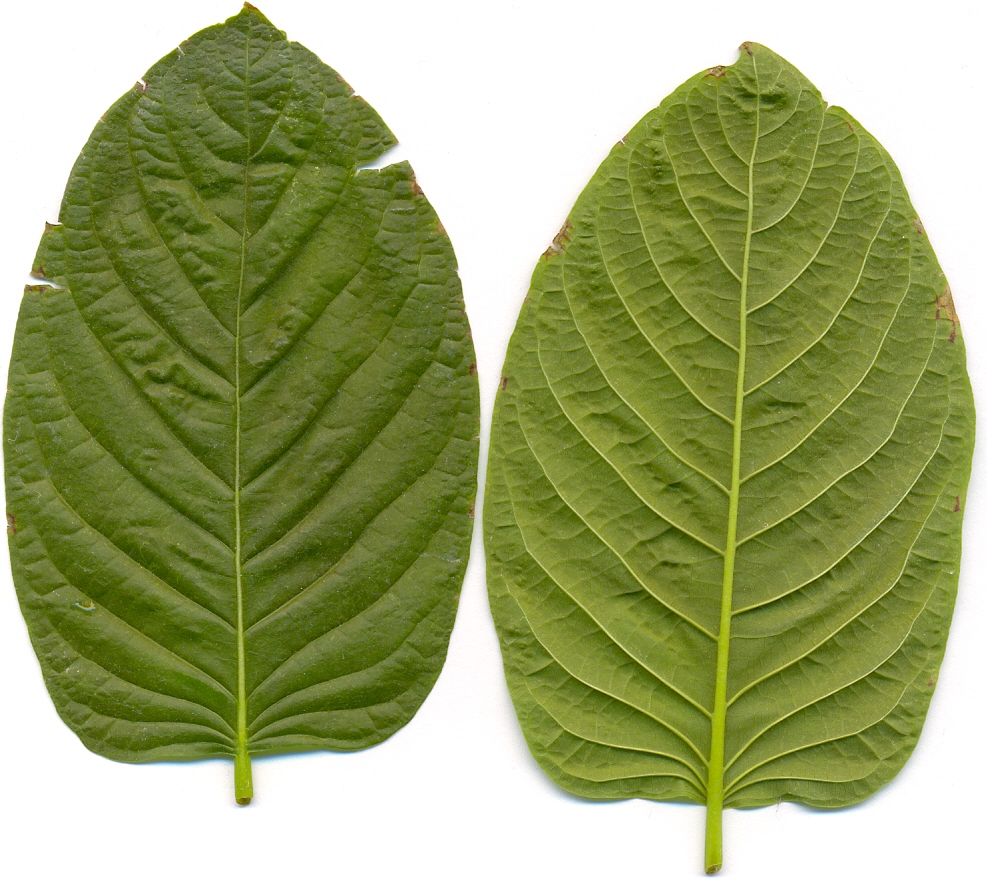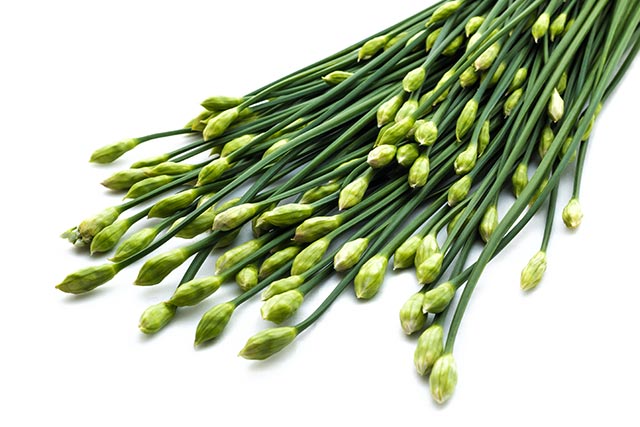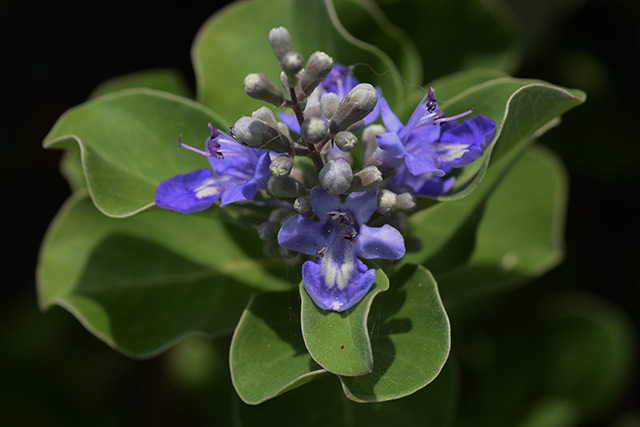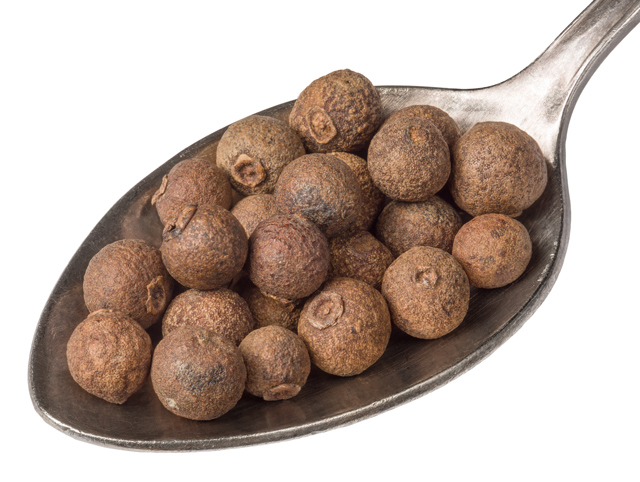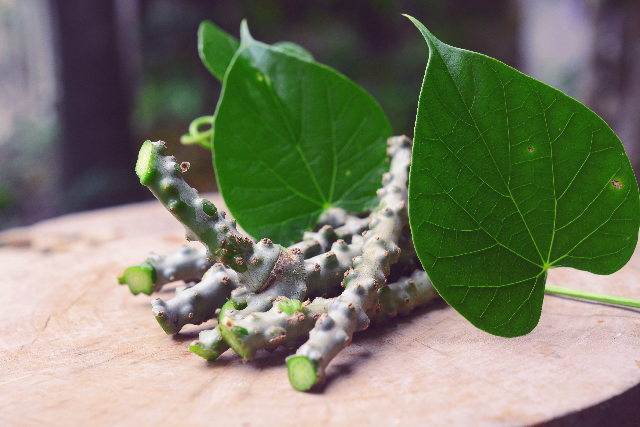Could Manchurian violets be used to treat atherosclerosis and hepatic steatosis?
05/16/2019 / By Evangelyn Rodriguez

In this study, researchers from Korea Institute of Oriental Medicine investigated the effect of the water extract of Viola mandshurica (Manchurian violets) on atherosclerosis using apolipoprotein E deficient (ApoE???) mice. Their findings were published in The American Journal of Chinese Medicine.
- Atherosclerosis is thought to be a disease that primarily involves lipid accumulation in the arterial wall.
- To determine the effects of V. mandshurica, the researchers used mice fed with a high-fat diet and treated them with V. mandshurica water extract.
- They observed that administration of V. mandshurica to the mice reduced the following:
- Body weight
- Liver weight
- Serum levels of lipids, such as total cholesterol, low-density lipoprotein-cholesterol, and triglycerides
- Glucose
- Alanine transaminase (ALT)
- Aspartate transaminase (AST)
- Histopathologic analyses of the aorta and liver of mice revealed that V. mandshurica attenuated atherosclerotic lesions and reduced lipid accumulation, inflammatory responses, and fatty acid synthesis.
- V. mandshurica also increased phosphorylation of adenosine monophosphate-activated protein kinase (AMPK). This, in turn, reduced acetyl-CoA carboxylase (ACC) in liver tissue and inhibited sterol regulatory element-binding protein 1c (SREBP-1c).
- V. mandshurica reduced the expression of adhesion molecules (intercellular adhesion molecule-1, vascular cell adhesion molecule-1, and E-selectin) as well as ACC, fatty acid synthase, and SREBP-1c.
- Quantitative analysis of V. mandshurica using high-performance liquid chromatography revealed the presence of esculetin and scopoletin.
- Esculetin and scopoletin reduced adhesion molecules in human aortic smooth muscle cells.
- The researchers associated the anti-atherosclerotic effects of V. mandshurica with the activation of the AMPK pathway.
Based on these results, the researchers concluded that the AMPK-dependent phosphorylation of SREBP-1c by V. mandshurica may be an effective therapeutic strategy for combating atherosclerosis and hepatic steatosis.
Journal Reference:
Park SH, Sung Y-Y, Nho KJ, Kim DS, Kim HK. EFFECTS OF VIOLA MANDSHURICA ON ATHEROSCLEROSIS AND HEPATIC STEATOSIS IN APOE??? VIA THE AMPK PATHWAY. The American Journal of Chinese Medicine. 2017;45(04):757–772. DOI: 10.1142/s0192415x17500409
Tagged Under: alternative medicine, anti-diabetes, anti-obesity, arteries, atherosclerosis, cholesterol, disease treatments, fatty liver, fightobesity, heart disease, heart health, hepatic steatosis, herbal medicine, Herbs, high-fat diet, liver disease, liver health, Manchurian violets, natural cures, natural medicine, prevention, remedies, research, Viola mandshurica




